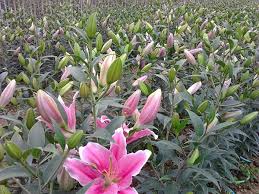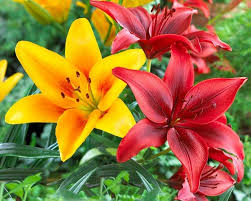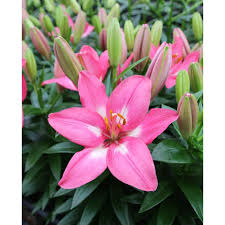The Importance of Painting and Calligraphy Culture in the Imperial Palaces of China
China’s rich cultural history is deeply rooted in its art forms, and the imperial palaces have long served as the epicenter of artistic expression and innovation. Among the many art forms cherished within the walls of these palaces, painting and calligraphy stand out as the most significant. These two artistic traditions not only reflect the









